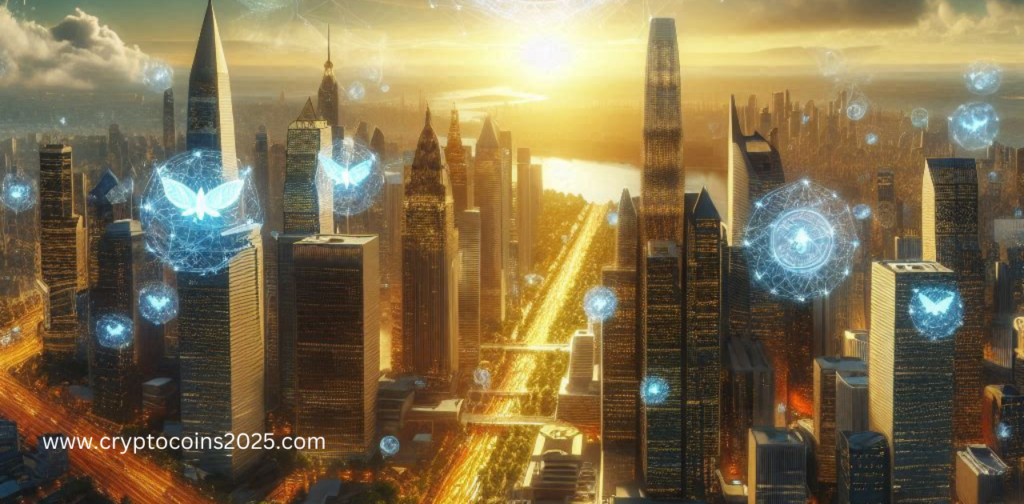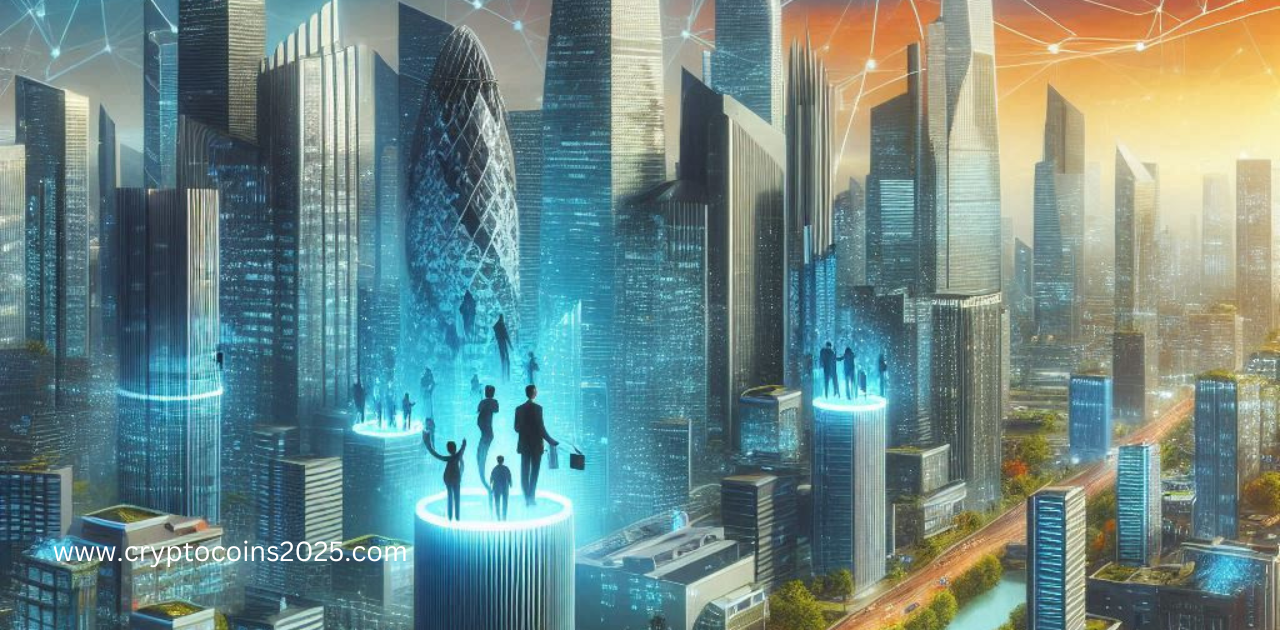Contents
DAOs: Reimagining Organizations for the Digital Age
The rise of decentralized autonomous organizations (DAOs) represents a revolutionary concept in organizational structure. DAOs are internet-native entities collectively owned and governed by their members, operating on the principles of transparency, collaboration, and automation. Let’s take a deeper look at the potential of DAOs and how they can transform the way we organize and collaborate.
What are DAOs?
DAOs leverage blockchain technology and smart contracts to automate decision-making and record transactions on a public ledger. Unlike traditional organizations with hierarchical structures, DAOs empower members to participate in governance through voting on proposals using DAO tokens. This promotes a more democratic and distributed approach to decision-making.
The Potential of DAOs

- Increased Transparency: All DAO transactions and decisions are recorded on the blockchain, providing full transparency and auditability.
- Global collaboration: DAOs remove geographical barriers, allowing anyone with an internet connection to participate and contribute.
- Bureaucracy reduction: Smart contracts automate tasks and enforce rules, streamlining operations and reducing administrative costs.
- Community-driven decision making: DAOs give members a direct say in the direction and future of the organization.
- Fundraising innovation: DAOs can use tokenized fundraising mechanisms to attract capital from a group of global investors.
- Applications of DAOs
- Venture capitalism: DAOs can act as decentralized venture capital (DVC) firms, collectively pooling resources to invest in startups.
- Philanthropy: DAOs can be used to manage charitable funds and ensure transparency in the allocation of resources.
- Content creation: DAOs can support the creation of collaborative content, in which members can vote on proposals and fund projects … can support the creation of collaborative content, in which members can vote on proposals and fund projects.
- Content creation: DAOs can support the creation of collaborative content, in which members can vote on proposals and fund projects.
- Content creation: DAOs can support the creation of collaborative content * Social media platforms: DAOs can create community-owned social media platforms, controlled by users and free from censorship.
Challenges and considerations

- Technical complexity: DAOs require some technical expertise to set up and manage, which can be a barrier to entry.
- Legal uncertainty: The legal status of DAOs remains unclear in many jurisdictions, posing challenges to their widespread adoption.
- Security risks: Smart contracts and DAO treasuries may be vulnerable to hacks, requiring robust security measures.
- Community management: Building and maintaining a healthy and engaged DAO community requires effective communication and conflict resolution strategies.
Conclusion
DAOs have enormous potential to revolutionize the way we organize and collaborate. Their emphasis on transparency, community ownership, and automation offers an attractive alternative to traditional organizational structures. While challenges remain, the rapid innovation in blockchain technology and growing interest in decentralized solutions suggest that DAOs are here to stay.
Frequently Asked Questions
- How do I join a DAO? Many DAOs have online communities where you can find out more and apply for membership.
- What are DAO tokens used for? DAO tokens typically provide voting rights and access to special features within the DAO.
- Are DAOs a threat to traditional businesses? DAOs may not completely replace traditional businesses, but they offer a new model for organizations that prioritize community, transparency, and agility.
The potential of DAOs to reshape the future of work and collaboration is undeniable. As the technology matures and regulatory frameworks evolve, DAOs have the potential to disrupt many industries and empower individuals to participate in a more decentralized and democratic future.

